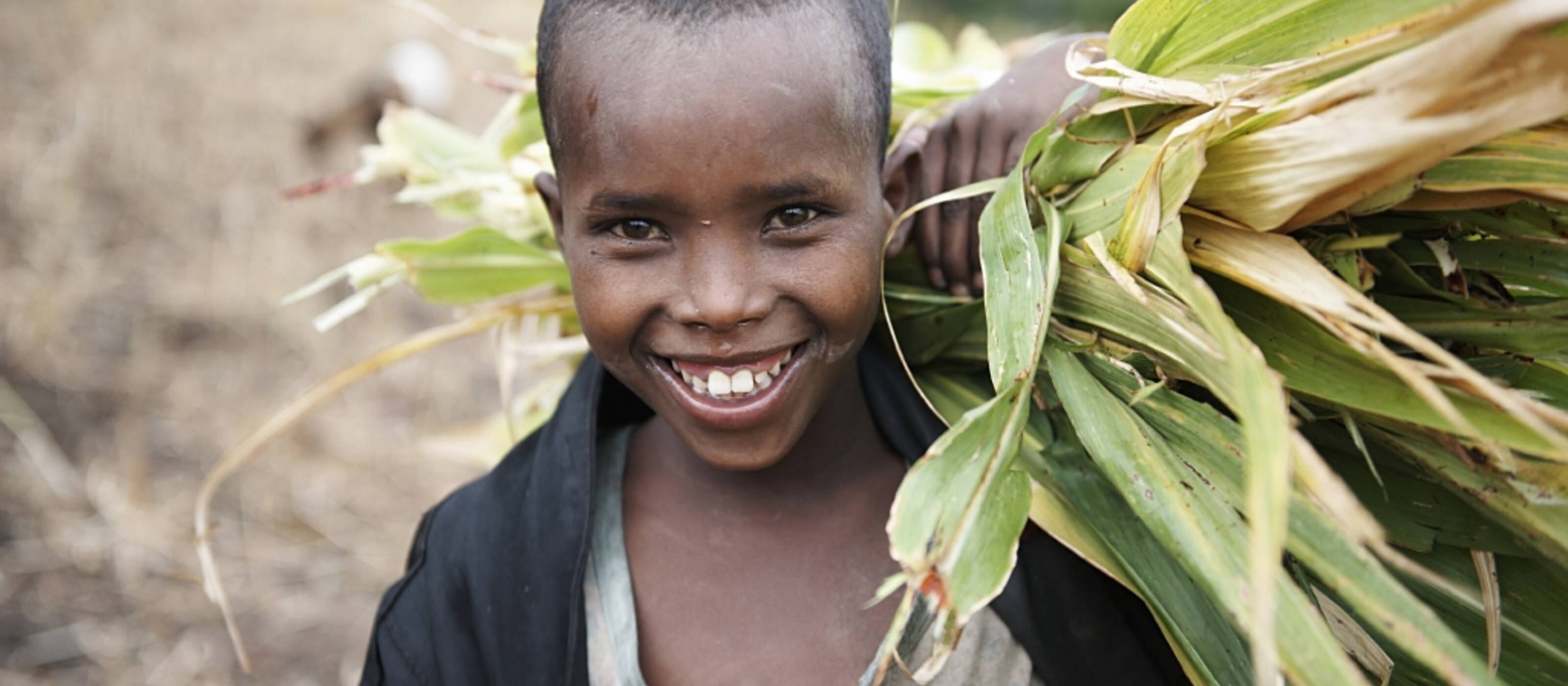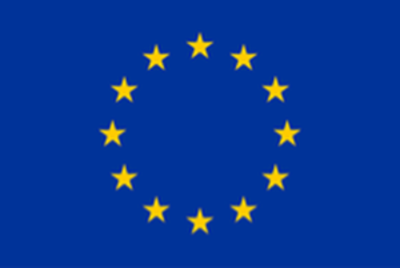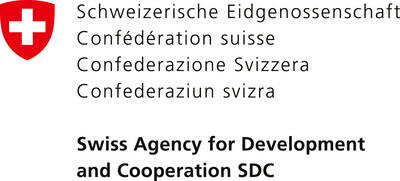

Ethiopia
What we do
Ethiopia is among Caritas Switzerland’s larger Programmes, where its commitment started with an emergency response in 1974 and then shifted towards the Humanitarian-Development (HD) Nexus. This Nexus, enhanced with a peace component (HDP), remains a core pillar of this Country Strategy with its overarching objective to contribute to end poverty based on its interlinked themes income, climate and migration.
Of Ethiopia’s 109 million inhabitants, 85.5 million are multidimensionally poor. Increasing income and creating employment and job opportunities are thus key aspects of development. To support vulnerable people to access safe, nutritious and enough food, focus is on increasing production of agro-pastoralists and smallholders and developing inclusive market systems along agricultural value chains.
Ethiopia is highly vulnerable to impacts of climate change. The economy, from smallholders to large industries, depends strongly on predictable weather patterns. Smallholders rely on enough and evenly distributed rains for food production. The water-energy-food Nexus becomes apparently important in this context. Caritas Switzerland will thus strive to sustainably secure livelihoods of vulnerable people based on climate change adapted and sustainable natural resource management whilst considering the supporting eco-systems.
The confluence of urban expansion, ongoing conflict over resources, ethnic conflicts and high levels of vulnerability to ongoing drought and seasonal floods continue to generate numerous new displacements within Ethiopia every year. In addition, Ethiopia is marked by complex and dynamic mixed migration movements of the Horn of Africa. Caritas Switzerland, besides providing basic services, thus works towards attaining durable solutions for Internally Displaced Persons, migrants and host communities based on the HDP Nexus.
Interventions under the three themes income, climate and migration are complemented with a policy dimension and follow multi-stakeholder approaches (incl. government, academia, civil society and private sector).
Caritas Switzerland implements its projects and programmes in Ethiopia through its Country Office in Addis Ababa and Field Offices in the project areas in the three regions Oromia, Somali and Southern Nations, Nationalities and Peoples’ Region (SNNPR). Interventions are based on multisectoral consortia whereby the focus is on further strengthening local ownership and localisation of aid.
Objectives
Income
- Caritas enables youth, minorities, smallholders and other vulnerable people to increase their income thanks to improved skills and a more inclusive agricultural market system.
Climate
- Livelihoods are sustainably secured thanks to a management of natural resources which is adapted to climate variability and change and takes the health of supporting eco-systems into account.
Migration
- By covering basic needs and access to education and job opportunities refugees and migrants are better protected and contribute increasingly to their self-sufficiency and development in the countries of origin, transit and destination.
Emergency Aid
- Communities in humanitarian crisis situations can cover their basic needs.
Snapshot
- Engagement in the country since: 1974
- Our main partners: VIS - Volontario Internazionale per lo Sviluppo, Vita, ECC-SDCO (Caritas Ethiopia), Wetlands International, Hydrosolutions, International Water Management Institute, HEKS, Swiss Red Cross, Vétérinaires sans Frontières Suisse, Addis Ababa University - Water & Land Ressource Centre
- Our main donors: Swiss Agency for Development and Cooperation (SDC), European Union*, Food and Agriculture Organization of the United Nations (FAO), Unitd Nation's Office for the Coordination of Humanitarian Affairs (UNOCHA)
*This is funded/co-funded by the European Union. Its contents are the sole responsibility of Caritas Switzerland and do not necessarily reflect the views of the European Union.
- Social-media:
Contacts


Jens Steuernagel
Country DirectorCountry OfficeAddis Ababa, Ethiopia
+251 11 667 227 3jsteuernagel@caritas.ch
Header image: © Andreas Schwaiger


